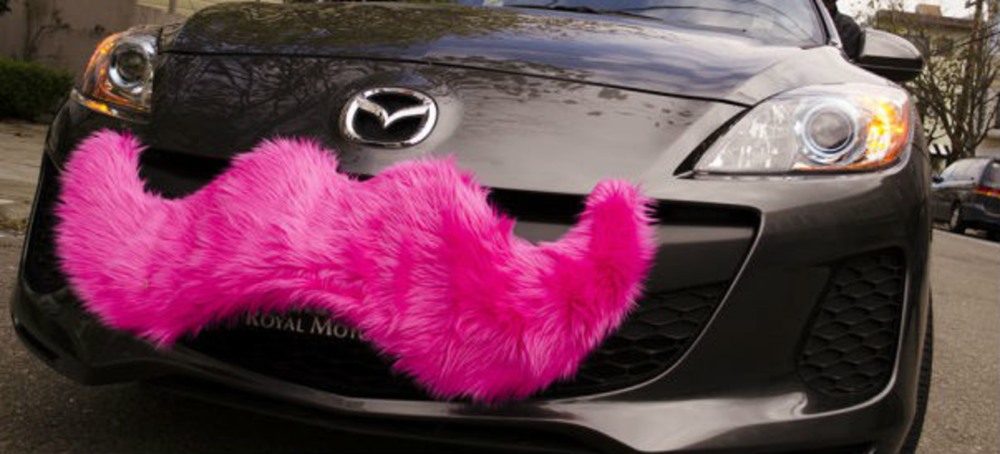Your biggest competitor in 2019 may not exist today, and your current top competition may not have existed 5 years ago.
That was the sentiment three executives at analyst firm Sirius Decisions—Jason Helk, VP and group director; Jeff Lash, service director, product management; and Mark Levinson, service director, sales operations strategies—shared during a presentation at the most recent Sirius Decisions Summit.
The reason for their assertion? Disruption. They cited Uber and Lyft as examples of companies disrupting the taxi industry. And Apple cannibalizes itself, they said, noting that that’s OK because “better them than a competitor.” The winners, they said will be the companies that get “good enough” out sooner than “perfect” later.
No matter your size or market position, don’t be dismissive of startups and underdogs, they said. Watch out for small competitors who are nimble and fast—and, as a result, can disrupt the opportunities in your pipeline. They can put FUD (fear, uncertainty, doubt) in the marketplace. Established brands need to react quickly and take a strategic approach to these competitors, they said.
Their recommendation for retaining a competitive advantage in this time of ever-increasing disruption: Marketers should think and act like scientists. What characterizes scientists is their curiosity; the answer one question brings three more questions. Scientists constantly seek to learn and improve. So, the trio advised, marketers should use the Scientific Method when strategizing and planning. The first step is to observe and ask a question to form a hypothesis; marketers, they said, are already good at this step. Next, is to plan an experiment; they suggested that marketers need to improve in this area. Then, plan the experiment and use a control group; many direct marketers are experts at this. Do the experiment, and remember to use pilots and test, test, test. After the experimentation and testing, use analysis to draw conclusions (i.e., prove or disprove the hypothesis). Finally, communicate what you’ve learned—and evolve and adapt through experimentation.
Embrace the unknown, the trio advised. That’s how marketers will help their brands stay relevant and competitive. They reiterated:
Act like a startup and disrupt yourself. Cannibalize yourself before someone else does it.
Test the upper limits of your best campaign. Examine the data, hypothesize how to set the bar higher, and then test.








